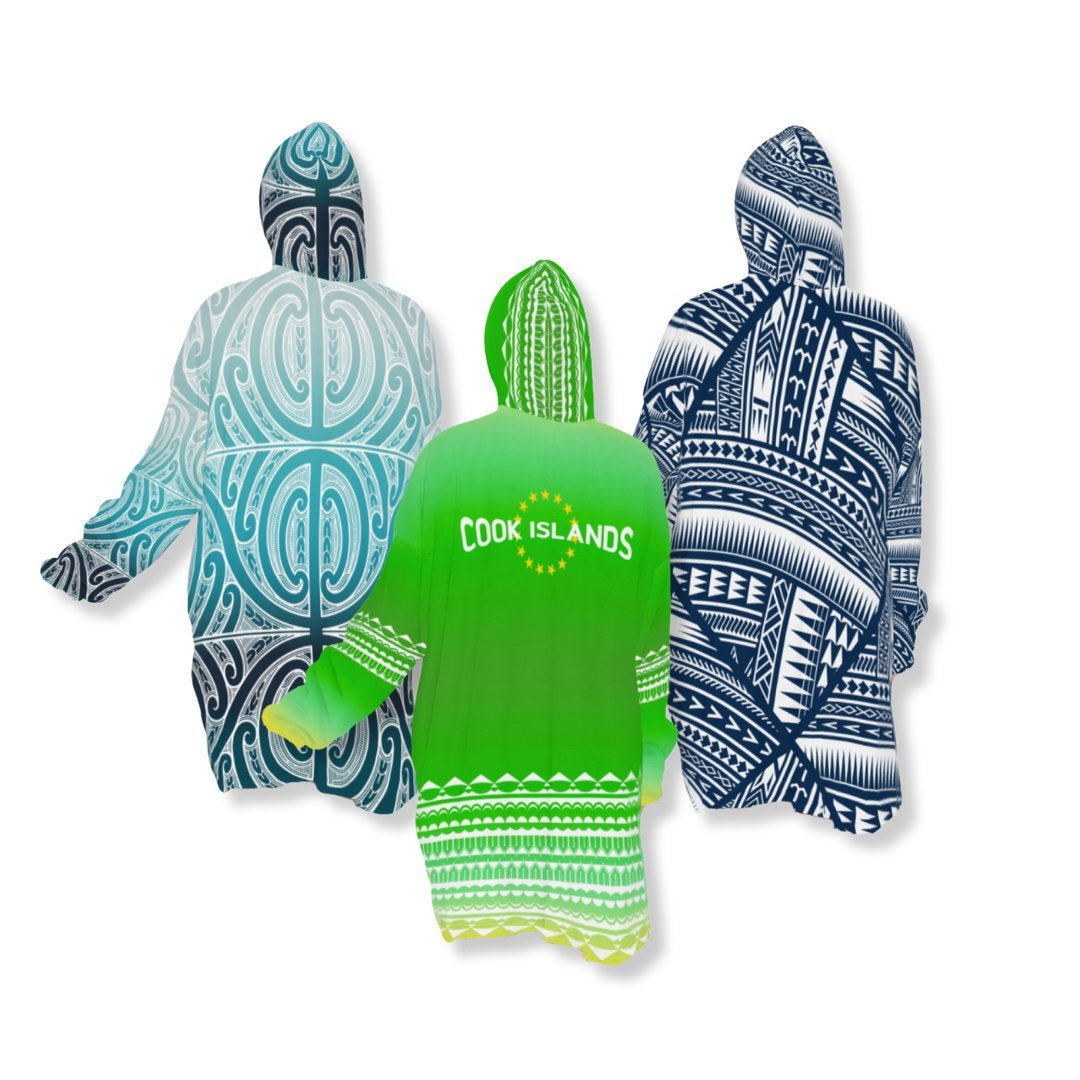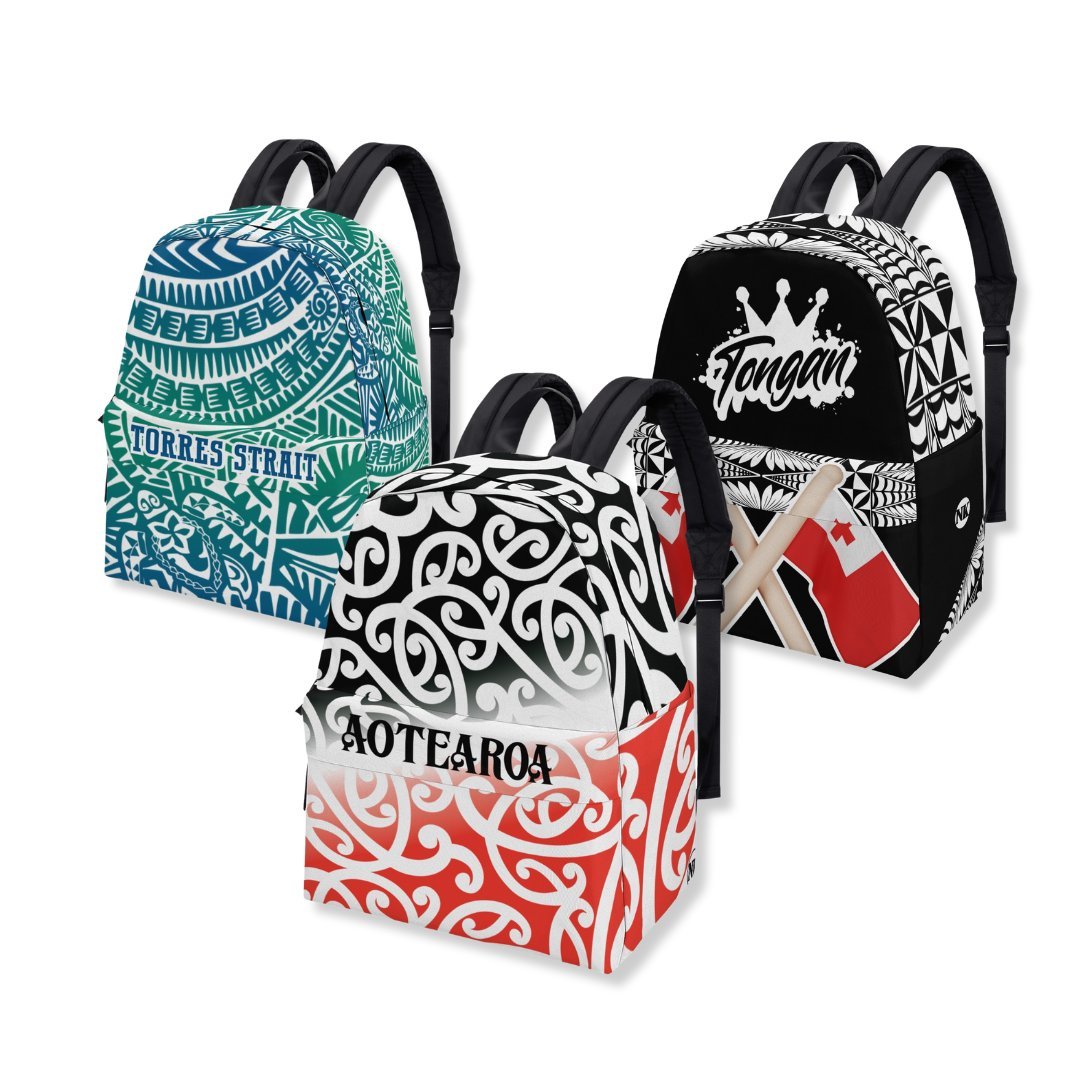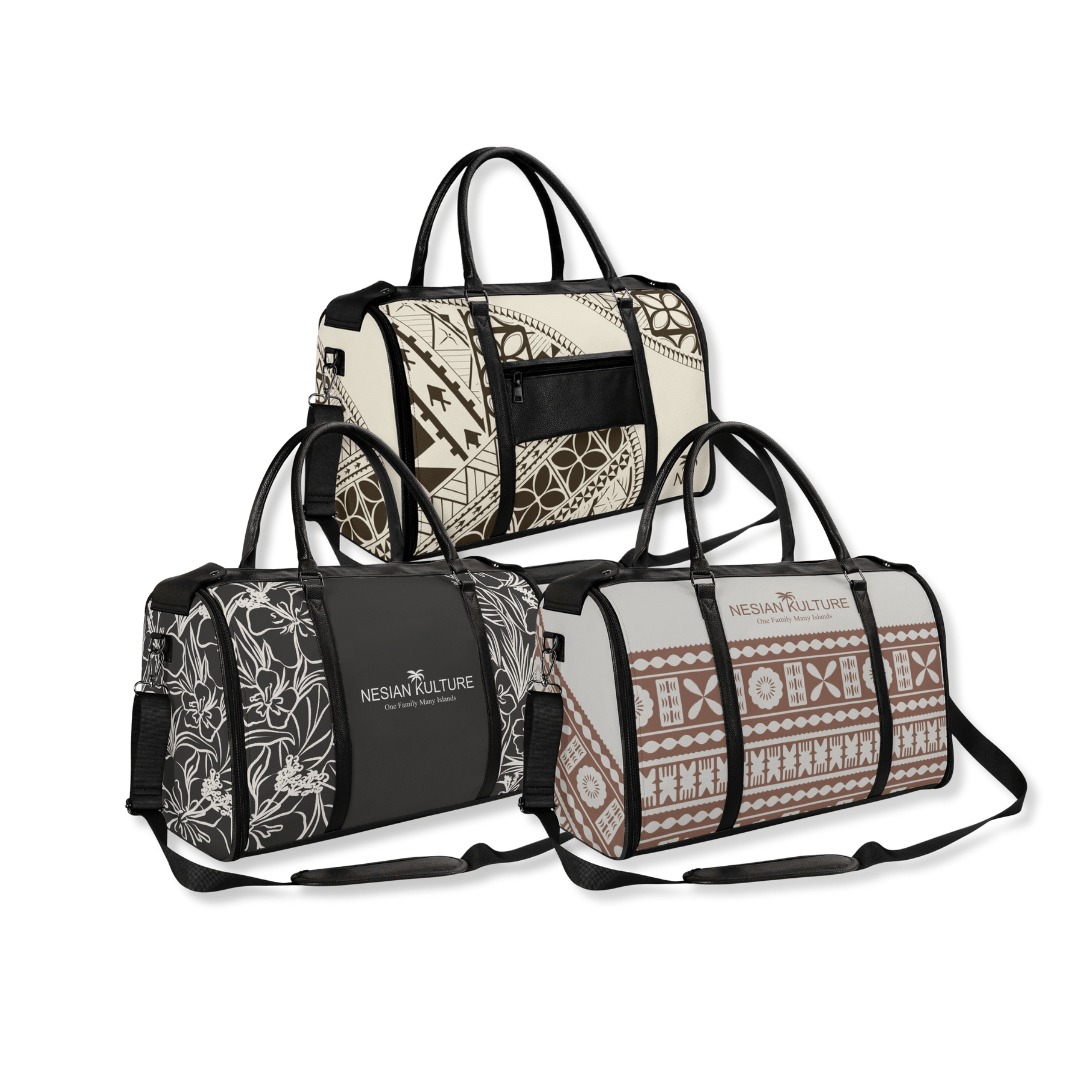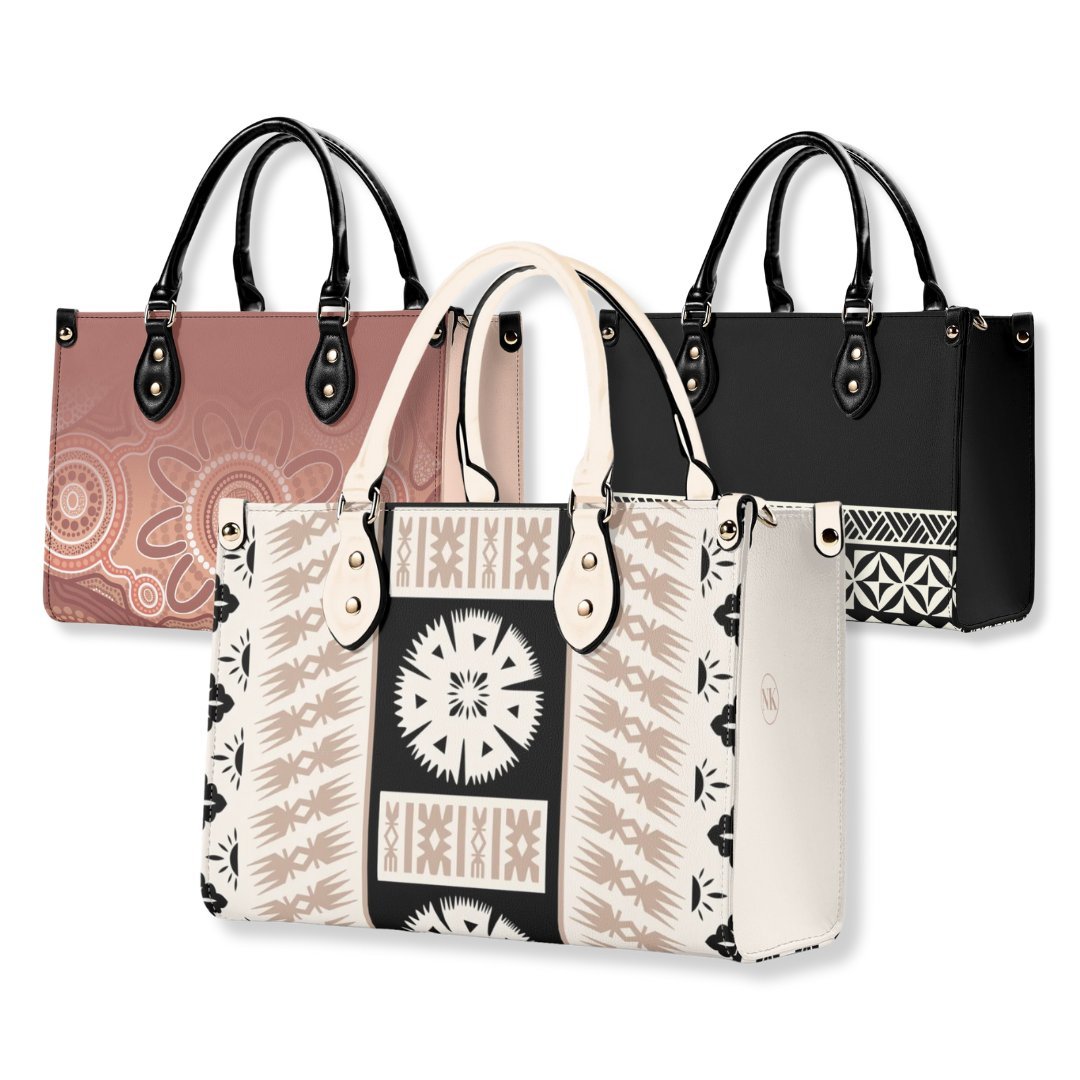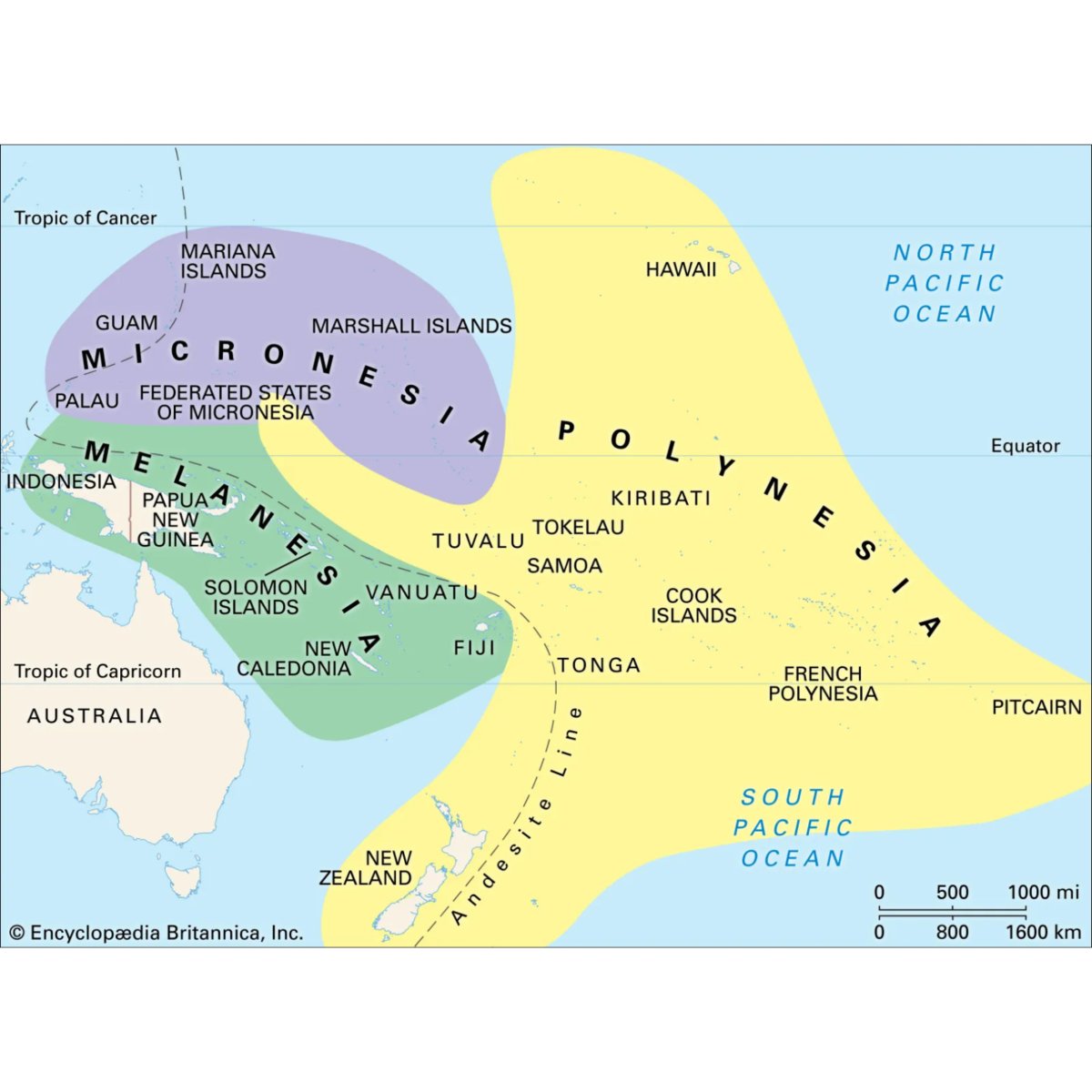
Who Are The Polynesian People?
Polynesian People Overview Polynesian people are made up of several Austronesian ethnic groups who speak Polynesian languages. With an estimated total population of 2,000,000, significant Polynesian communities can be found in the US, New Zealand, Australia, and Chile. These native populations inhabit many islands in the central and southern Pacific Ocean.
History of the Polynesian People Scientific research traces the origins of Polynesians to Taiwan. As part of the Austronesian-speaking group, they migrated from Taiwan, passing through the Philippines, eastern Indonesia, New Guinea, and Melanesia. DNA analysis reveals close relations between Polynesians, East Asians, Micronesians, and Taiwanese Aborigines. The first Polynesian ancestors settled in regions like Tonga, Wallis and Futuna, and Samoa. These areas were initially inhospitable, necessitating the introduction of domestic plants and animals. Polynesians used voyaging canoes for their Pacific crossings. European explorers discovered the islands in the late 18th century and attempted colonization. After World War II, some islands gained independence, though colonial influences remain in places like French Polynesia. Notably, Chile possesses territory in Polynesia (Easter Island).
Territory of the Polynesian People Polynesians are indigenous to Hawaii, Tahiti, Easter Island, Solomon Islands, Papua New Guinea, Tonga, Tuvalu, Samoa, Cook Islands, New Zealand, Chatham Islands, French Polynesia, Wallis and Futuna, Tokelau, American Samoa, Niue, Vanuatu, New Caledonia, and two islands in the Federated States of Micronesia.
Culture and Society When Europeans first encountered Polynesian islands, they found vibrant communities with rich cultural systems. The Polynesian belief system centered on gods and goddesses, who were regularly venerated. The concept of "tapu," which included rules and prohibitions, was integral to their society, and violating these could lead to serious consequences. The English word "taboo" derives from this concept. Polynesians celebrated rites of passage in various ways, including tattooing rituals during puberty, which held symbolic and cultural significance. Elaborate rituals marked births and deaths, often involving dances and gift-giving. Polynesians lived communally in neighborhoods, and it was common for cousins to marry, with premarital sexual relations and polygamy also taking place. They relied on fishing and horticulture for food, with distinct gender roles and varying status for women across societies. Polynesian cultures also embraced myths and folklore to explain their origins and cultural practices.
Contemporary Polynesia The arrival of European missionaries marked the beginning of the erosion of Polynesian culture. Missionaries promoted Christianity and condemned traditional Polynesian practices as pagan. Polynesians quickly adopted Christianity, which now has a 96.1% adherence rate among the population. While some still observe Polynesian mythology, English and French are widely spoken alongside Polynesian languages. Several native languages, such as Hawaiian, have been revitalized to prevent extinction. Most of the population has embraced westernization in areas like dressing, entertainment, education, sports, and employment.
Credits: All credits and sources go to World Atlas.
Related Posts

ONE FAMILY. MANY ISLANDS — THE STORY BEHIND THE WORDS
Discover the true story behind Nesian Kulture’s tagline “One Family. Many Islands.” — a movement born from Susan’s childhood as...
Read More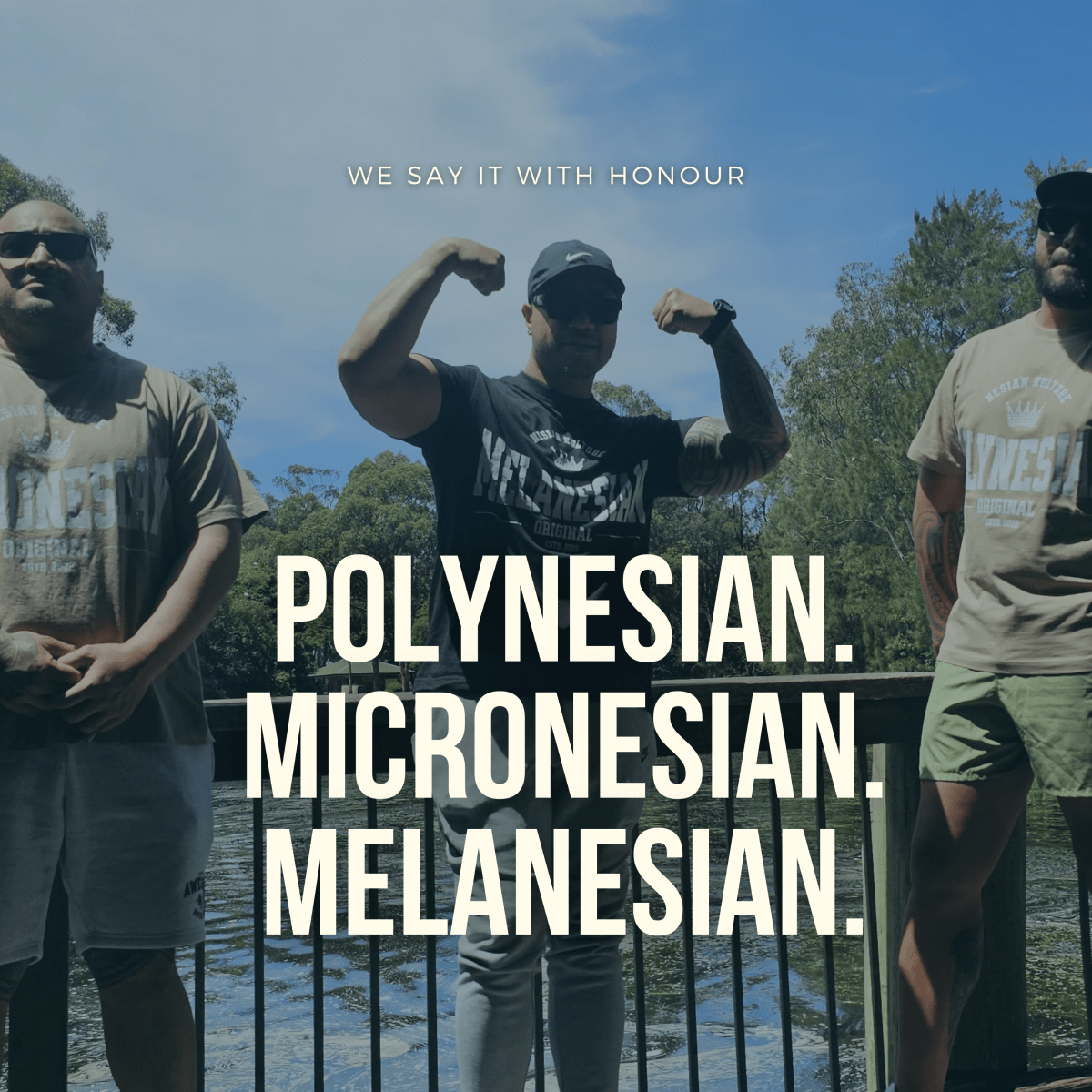
We Still Say Polynesian, Micronesian & Melanesian — And We Say It With Honour
Some say we shouldn’t use names like Polynesian, Micronesian, or Melanesian. At Nesian Kulture, we believe those names no longer...
Read More

